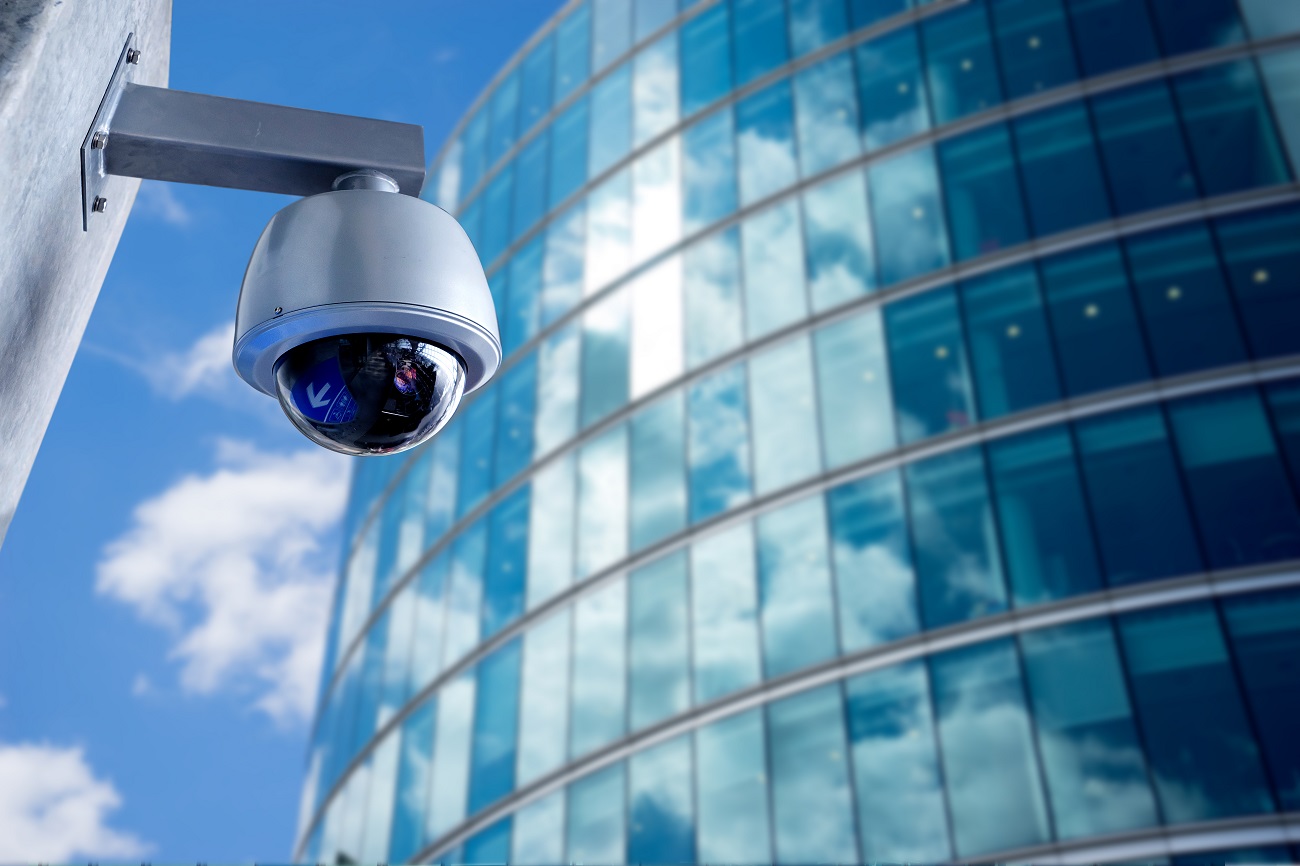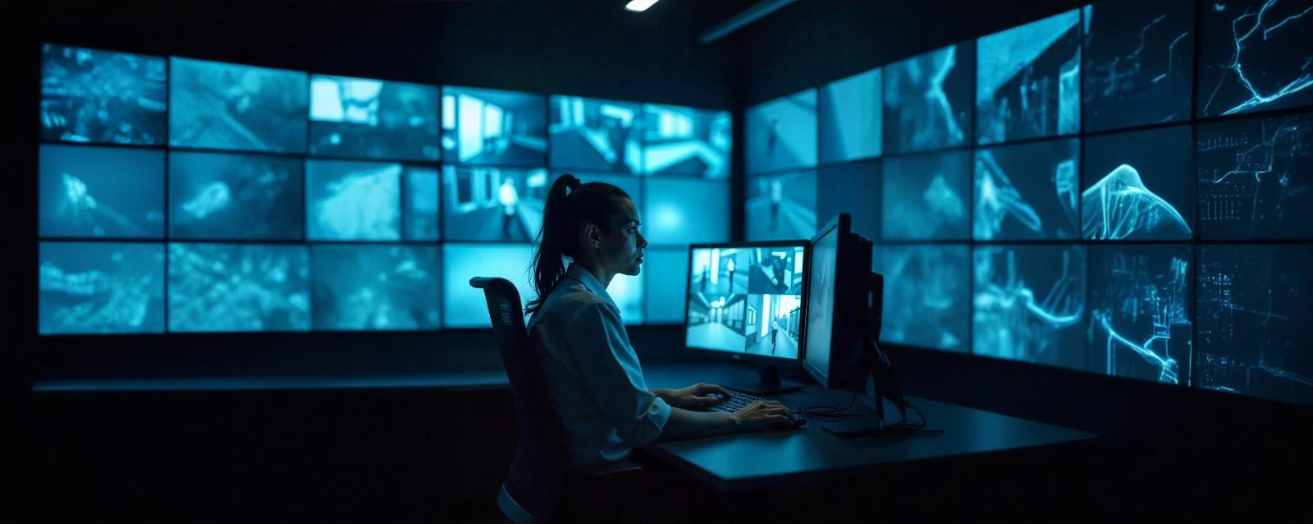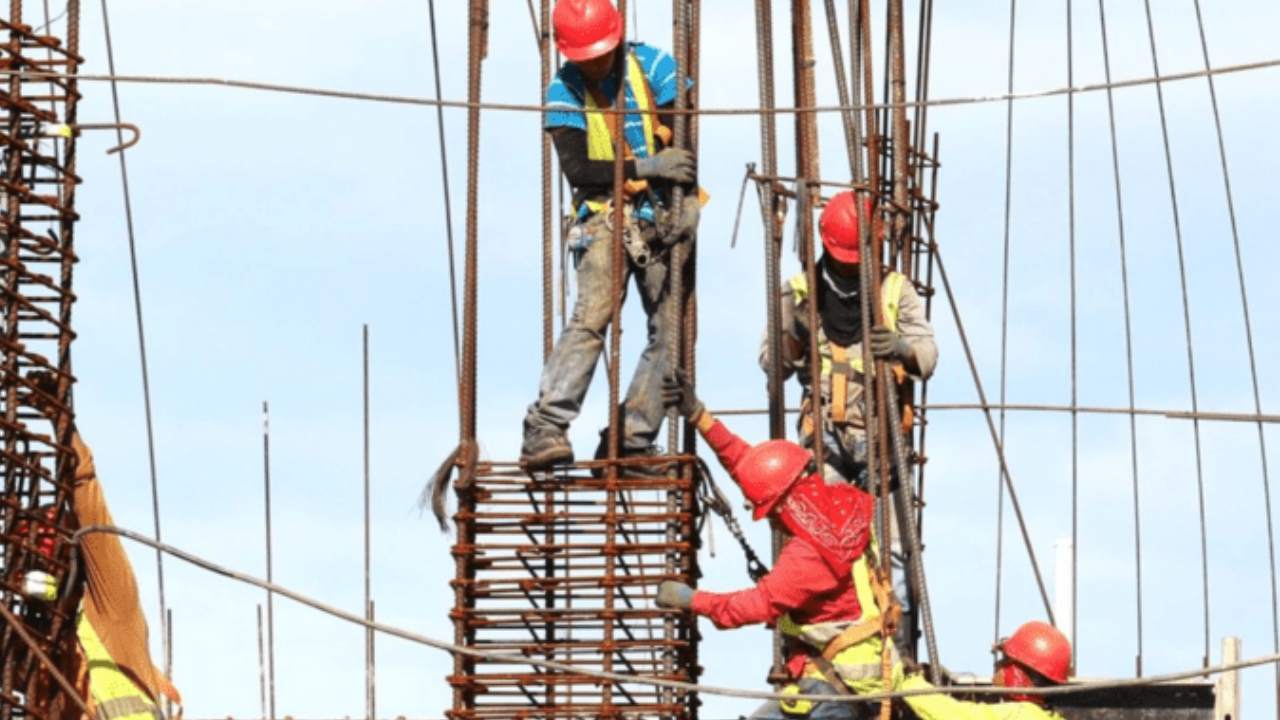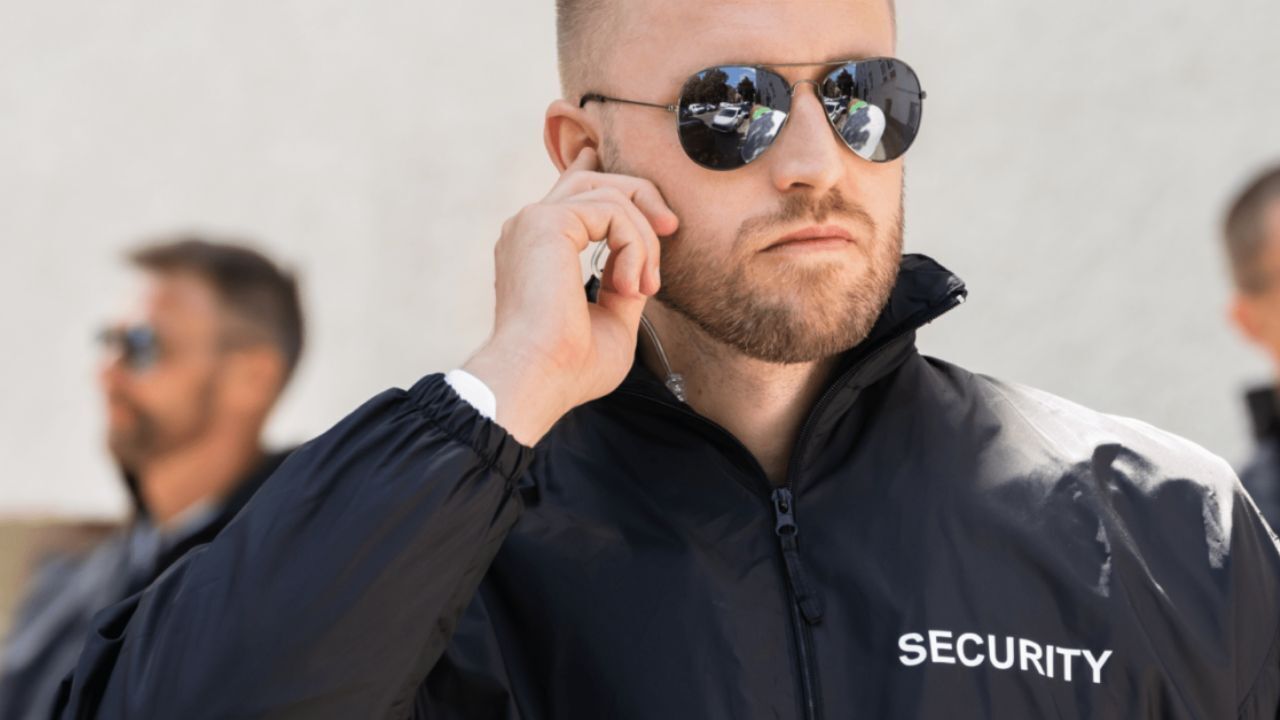According to the Security Industry Authority (SIA), there are an estimated 5.9 million closed-circuit television cameras in the country, including 750,000 in sensitive areas such as schools. With these alarming stats, it’s reassuring to know that there is a huge demand for CCTV operators and opportunities aplenty.
One of the great things about working in the security sector, is the possibility to build upon your existing skills and acquire much sought-after opportunities.
Most people that start out might find themselves working as a Door Supervisor or a Retail security guard, however, CCTV operating is highly flexible and can open even more doors.
Let’s look at the role in more detail:
What does a CCTV operator do?
- Watch and study live images sent from closed-circuit television cameras to spot and prevent crimes, accidents and incidents like traffic jams.
- If you work for a local council, you may be required to overlook public spaces or provide eyes for private companies such as supermarkets or a factory complex.
- You could also be tasked to look at CCTV footage from public transport links such as trains, buses and busy motorway roads.
- You’ll be based in a control centre.
- Operate the cameras by remote to get a clearer image.
- Maintain a safe archive of recordings, keeping them correctly labelled so they can be produced where necessary.
- Assist the police in retrieving specific recordings and make copies upon request.
- Report a faulty camera.
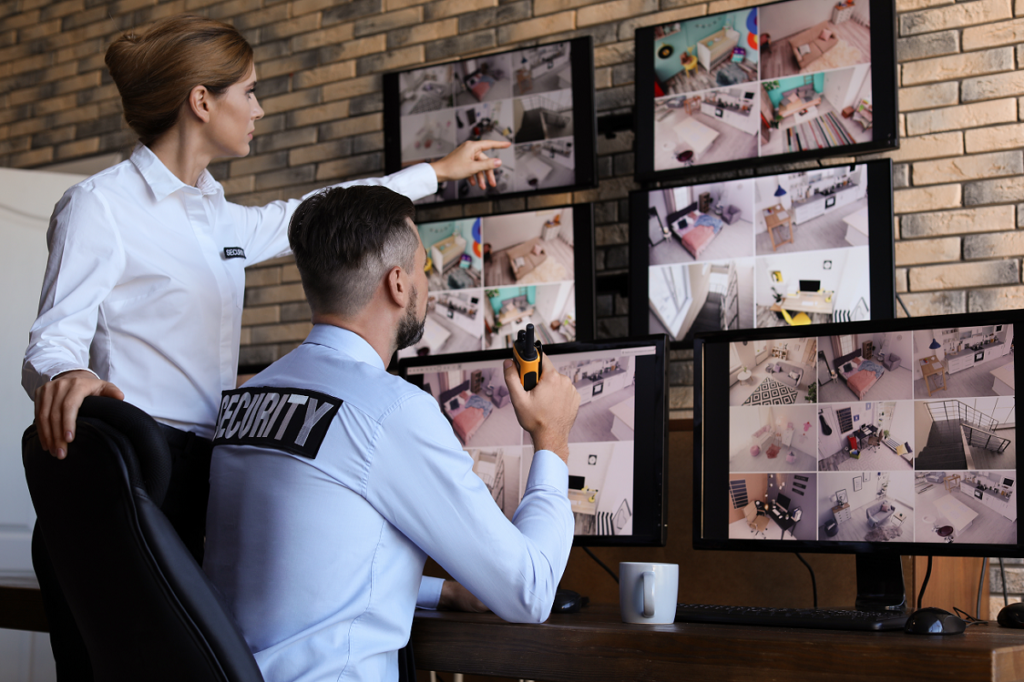
How much does it pay? – An average salary is £25,480
What skills are the required?
- Working as part of a team
- Communicating with people
- Attention to detail
- Computer literate
What qualification will I need? – While you don’t need any formal qualifications to do this job, any police or military experience is highly useful. Otherwise, you will need a licensed qualification recognised by the SIA. See image below.
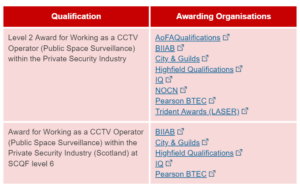
What are the hours? – You may be expected to cover 24-hour shifts, 7 days a week, but don’t worry, many advertised jobs are for 12 hour shifts on 4 days on, 4 days off basis.
What about the environment? – You’ll be indoors, situated in a control room overlooking many screens, working either alone or part of a team. You will be in contact with colleagues via radio and telephone.
So, if all the above sounds like you, hopefully that’s all your questions answered then.
Best of luck!
How to work in the security sector
If you are interested in working in the security sector, whether it be as a Door Supervisor, Security Guard or CCTV Operative, you will need to obtain a SIA Licence.
To obtain a SIA Licence, you will need to complete a course. Once you have completed the course, will you then be able to apply for an SIA Licence and work in the security sector.
Looking for jobs?
To find the latest security jobs, check out our Jobs Board, which has 1,000+ jobs from the UK’s best security companies.
If you’re on the hunt for a security job on the go, download the GuardPass app for all the latest jobs and more. The GuardPass App is available for download on the Apple App Store or on the Google Play Store.





